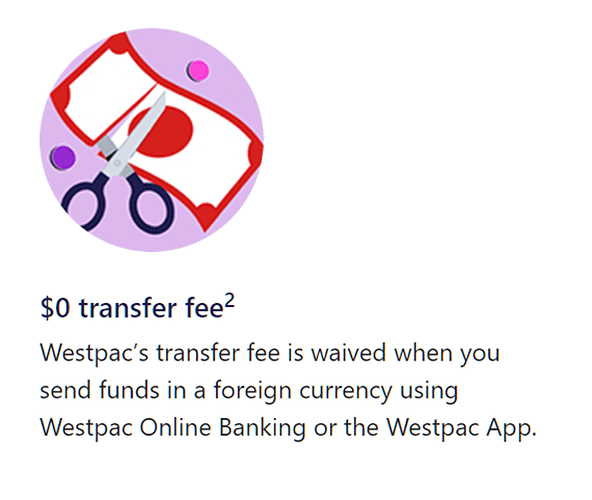@digitalnomad
@evanstrish3 mentions satisfaction with WISE. I have heard similar stories. I use OFX because (a) I have happily used them for years and (b) WISE may offer a slightly better rate than OFX but both offer FAR BETTER rates than the Big Banks. When you arrange a transfer with OFX it’ll show you what you’re saving by not going to the Big Banks. It lists them one by one. For me the set up in place I have with OFX is easy to navigate. A customer like me initially sets up his profile (name, address, phone numbers etc) as well as inputting the details of where the funds are to go by inputting the recipient’s name, bank name, branch, address, SWIFT code etc; reason for the transfer; any message you want to send with the funds etc. I do this for each recipient, which in my case involves different currencies for each one. Note all of these settings can be edited by you at any time.
Once set up, I can periodically check on rates and even ask for an alert to be sent to me when rates go my way or hit the rate I want to execute the trade at.
The fee for transfer is low $10-20 from memory for under AUD 10k and no transfer fee for amounts greater than that. OFX makes its money by serving countless customers and as it’s not as greedy as the Big Banks, it can charge a smaller spread on exchange rates than the Big Banks.
Every time I used OFX it was a far better choice than the banks when looking at the ALL UP costs ie commission charged plus transfer fees.
Once you’re happy with the rate you’ll be asked to b-pay or EFT (in your case) the AUD equivalent of the GBP. With OFX you’ll be offered two Big Banks in which to deposit your AUD equivalent. Once the funds are said to be received by OFX, the FX transaction will be executed.
The “no commission” BS of some banks is a con which sadly scoops up plenty of the uniformed. As is the “no fee” smokescreens the Big Banks use.
If you really have a large bee in your bonnet on this, I suggest you write to the Australian Banking Association, see ausbanking.org.au
It has a so-called “Banking Code of Practice”, where it includes a “Statement of Guiding Principles”.
One such “Guiding Principle” is
4. Transparency and accountability.
You could tell the ABA that is seems in your case the bank’s definition of “transparency” differs from your understanding of the term:
What is transparency?
Transparency is the quality of being easily seen through, while transparency in a business or governance context refers to being open and honest.
As part of corporate governance best practices, this requires disclosure of all relevant information so that others can make informed decisions, see
